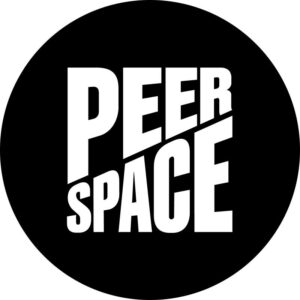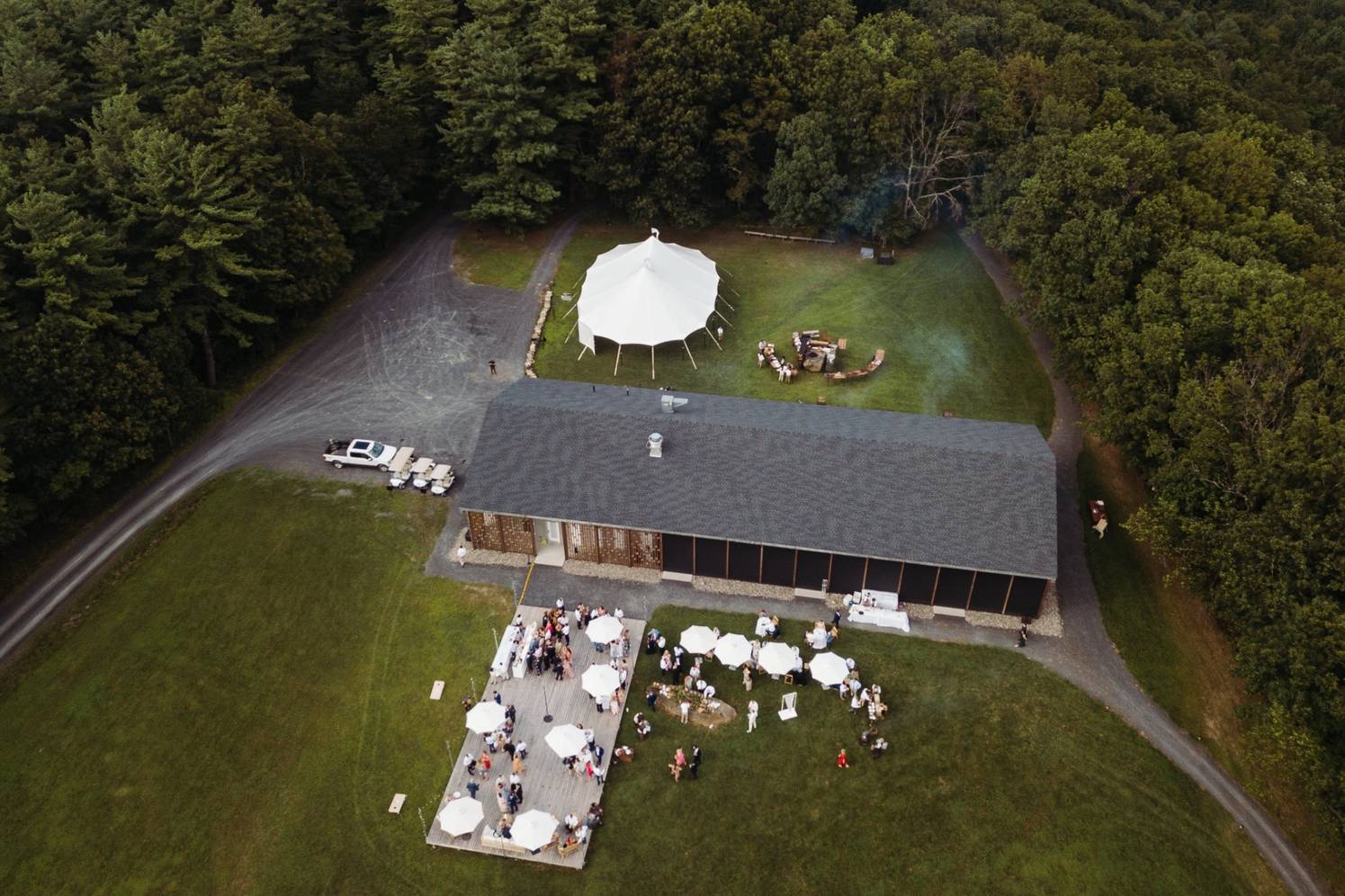
Source: Pixabay
The world of event planning is growing faster than anyone could’ve imagined, ballooning quickly into an $845-billion industry. Its growth is projected to continue steadily for years to come, making it a lucrative field to explore. As the industry grows and evolves, systems for qualifying professionals continue to develop — both at universities and through professional associations.
Most event planners who are in the business for the long haul will eventually seek out one or more event planning certifications, which signal to potential client they’re accomplished authorities in their field. In addition, the certification sets them apart from the less-qualified competition. But how’s one to navigate all of those acronyms? Don’t worry — we’ll do our best to sort it all out for you.
Certifications vs. certificates
Before we really dig in, it’s useful to note the difference between certifications and certificates. Event planning certifications come from professional associations like the Events Industry Council (EIC) or the National Association for Catering and Events (NACE). These are peer-awarded credentials acknowledging that you’ve achieved a certain level of expertise — they’re generally for people who’ve already worked in the industry, but there are some exceptions that we’ll mention.
Certificates usually refer to credentials awarded by an educational institution. You can take courses in event planning at numerous universities and colleges, and they may offer both degree or certificate programs. Thus, you might be able to earn a certificate before ever actually working in the event planning industry, provided you’ve passed your courses.
The University of Central Florida was the first accredited four-year college in the United States to offer a bachelor’s degree in event management in 2006. The field of study has grown since then, modeled largely on the hotel management/hospitality industry programs that are now widespread in universities.
Both of these types of programs are useful for event planners. It’s all about taking a look at what options are available to you and deciding what fits best relative to your current career path and skill gaps. At the end of the day, these types of programs aren’t about getting another line on your resume — they’re about learning new skills and gaining knowledge that you can put to use for your clients. For the purpose of this particular article, we’re focusing on professional certifications.
CMP: Certified Meeting Professional
The CMP certification is awarded by the Events Industry Council, which is a federation of 32 separate industry associates. So the CMP is sort of an over-arching certification that covers all aspects of what’s called the “MICE” industry — meetings, incentives, conventions, and events. The CMP was launched in 1985 to “enhance the knowledge and performance of meeting professionals, promote the status and credibility of the meeting profession, and advance uniform standards of practice.” It also happens to be one of the most popular event planning certifications.
Various resources exist to help you study for the CMP exam, but before you can take it, you must have worked in the event planning profession for three years, as well as have 25 hours of continuing education. If you have a degree in an associated field, like hospitality or event management, you only need to have worked for two years. You can find the 2019 version of the CMP handbook here.
The exam covers topics like site management, event design, and event promotion, and it’s entirely multiple-choice. There are test prep courses available, and a lot of useful knowledge is also in the handbook. You need a 55 to pass, but what’s interesting is that not all questions are weighted equally, so easier questions are worth fewer points.
CESP: Certified Special Events Professional
The CESP (Event Planning Specialist Certification) is awarded by the National Career Certification Board, and it’s a certification geared more towards entry-level event planners. One nice perk about the CESP is that practice tests are available for less than $20, so you can take it a few times and be confident you’ll pass before taking the actual exam — which you can do online.
For the actual certification exam, you’ll have two hours to answer 80 questions. A score of 70% or higher passes and, if you pass, you’ll get immediate access to an online copy of your certification documents. The purpose of the CESP is to certify you hold a baseline level of knowledge, so it makes a great first certification to aim for.
CPCE: Certified Professional in Catering and Events
The National Association for Catering and Events’s certification, the CPCE, does a useful double duty in that it has an extra focus on catering. Depending on your career goals and what aspects of event planning you’re most interested in, this particular flavor of event planning certification might be an excellent choice. Like many of the other certification exams, the test comprises multiple-choice questions. Topics touched upon include accounting best practices, human resources, liquor laws, site management, and more.
Other certifications:
There are a number of other professional event planner certification programs available, most of which have a more specific angle that you might want to explore if they suit your particular goals. These include:
- CMM: Certification in Meeting Management
- CQEP: Certified Quality Event Planner
- CTSM: Certified Trade Show Marketer
- DES: Digital Event Strategist
- GTP: Global Travel Professional
- CGMP: Certified Government Meeting Professional
- CEM: Certified in Exhibition Management
So, for example, if you live in an area where it’s beneficial for you to aim at a government office market, it might be great to be a Certified Government Meeting Professional (CGMP). If you’re trying to specialize in corporate trade shows, becoming a Certified Trade Show Marketer (CTSM) might be for you. For the most part, these are certifications that you might achieve after a more generalized one — except for perhaps the CQEP, which is another general certification aimed at entry-level event planners.
What do you do with a certification, anyway?
The entire point of an event planning certification is to guarantee that you’ve achieved a certain level of experience and knowledge — whom this matters to varies. Of course, it tells potential clients you’re a serious professional, an authority in your field. It can also impress potential employers, who can rest assured you bring a baseline level of expertise to the table. Make sure to include your certifications in your official title for business signatures, on your LinkedIn page and website, etc.
Many of the professional organizations that award certifications do much more than give out exams, so do a little digging. You may find there are meetings in your city for people who hold specific certifications, for example, which can provide valuable networking opportunities.
Let’s not forget that professional development is a reward in and of itself. Achieving a certification shows the world you’ve accomplished something, but working towards it makes you better at your craft and, in the long run, that’s what will make the difference.
Find a unique event venue on Peerspace
Get together somewhere better
Book thousands of unique spaces directly from local hosts.
Explore SpacesShare your space and start earning
Join thousands of hosts renting their space for meetings, events, and photo shoots.
List Your Space







